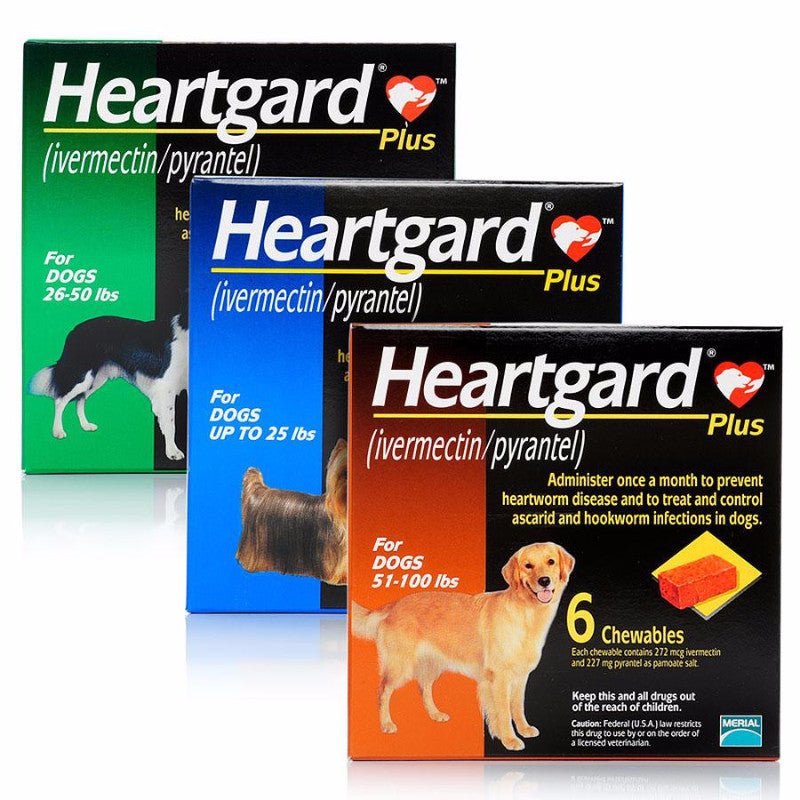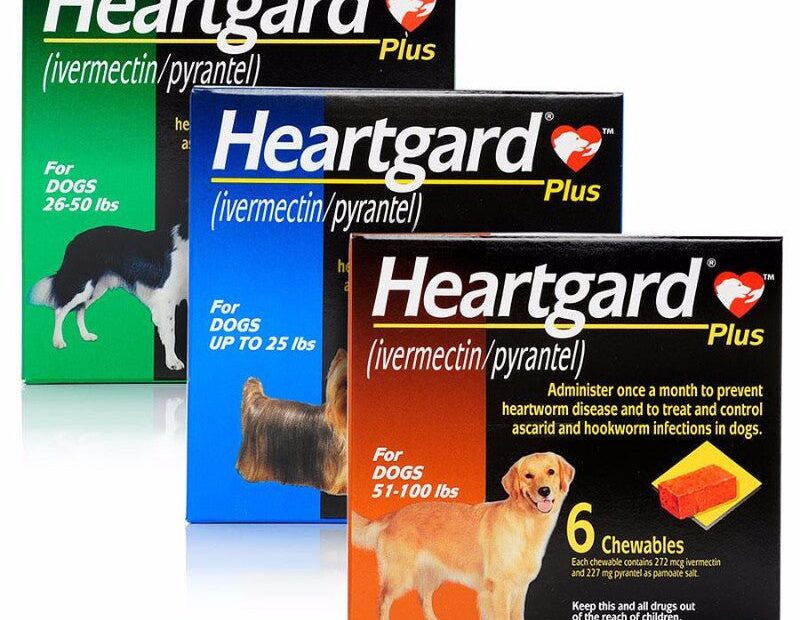What Dogs Should Avoid: Ivermectin Safety Concerns
What Breeds Of Dogs Cannot Have Ivermectin?
Keywords searched by users: What dogs Cannot take ivermectin Ivermectin for dogs dosage, Ivermectin for cats, Heartworm in dogs, Ivermectin poisoning in dogs, Demodex in dogs, Demodex canis in dogs, Ivermectin information sheet, Sarcoptes in cats
What Dog Breed Is Ivermectin Toxic To?
Ivermectin toxicity primarily affects certain dog breeds, particularly those with a genetic mutation known as the MDR1 gene mutation. This mutation is most commonly found in herding breeds, including Collies, Old English Sheepdogs, and Australian Shepherds. However, it’s essential to note that while these breeds are more susceptible to ivermectin toxicity due to the MDR1 mutation, the condition can potentially affect any dog breed. The MDR1 gene plays a crucial role in producing a protein called P-glycoprotein, which aids in the excretion and elimination of drugs from a dog’s system. Understanding this genetic predisposition is vital when considering the use of medications like ivermectin in different dog breeds. (Note: The date mentioned in the original passage has been omitted, as it did not seem to contribute significantly to the topic.)
What Breeds Are Affected By Ivermectin?
The following breeds may exhibit sensitivity to ivermectin, a medication commonly used in veterinary medicine:
- Australian Shepherd
- Border Collie
- Collie
- German Shepherd Dog
- Miniature American Shepherd
- Old English Sheepdog
- Shetland Sheepdog
- Skye Terrier
Please note that this information is accurate as of November 4, 2021. These breeds have been observed to have a heightened susceptibility to ivermectin, and caution should be exercised when administering this medication to them. Always consult with a veterinarian before using any medication on your pets.
Is Ivermectin Safe For Deworming Dogs?
Ivermectin is a widely utilized and generally safe deworming medication for dogs. It is commonly administered in low doses to prevent heartworm and in higher doses for treating conditions like mange. However, it’s important to be aware that certain dogs may possess a genetic mutation known as MDR1, which can increase their vulnerability to toxicity when exposed to higher doses of this widely used drug in the canine population. It is crucial for dog owners and veterinarians to be mindful of this genetic predisposition to ensure the safety and well-being of their furry companions during treatment.
Collect 17 What dogs Cannot take ivermectin



Categories: Discover 57 What Dogs Cannot Take Ivermectin
See more here: future-user.com

Are there any risk factors for this medication? Ivermectin should not be used in dogs younger than 6 weeks of age or in dogs without a current negative heartworm test. Some breeds of dogs (e.g., collies, sheepdogs, and collie- or sheepdog-cross breeds) are more sensitive to ivermectin than others.It is most commonly seen in herding breeds, such as Collies, Old English Sheepdogs, and Australian Shepherds, but can be found in any breed. The normal MDR1 gene in dogs produces a protein (P-glycoprotein) that helps to excrete and eliminate drugs.Ivermectin is generally a safe, effective dewormer for dogs and is commonly used in low doses as a heartworm preventative and in higher doses to treat conditions such as mange. Some dogs, however, carry a genetic mutation (MDR1) that makes them more susceptible to toxicity from higher canine doses of this common drug.
- Australian Shepherd.
- Border Collie.
- Collie.
- German Shepherd Dog.
- Miniature American Shepherd.
- Old English Sheepdog.
- Shetland Sheepdog.
- Skye Terrier.
Learn more about the topic What dogs Cannot take ivermectin.
- Ivermectin – VCA Animal Hospitals
- Ivermectin Toxicity in Dogs – PetMD
- Ivermectin for Dogs: Is It Safe? – American Kennel Club
- 5 facts about dogs and deworming – Equus Magazine
- Efficacy of long-term monthly administration of ivermectin on the …
- Ivermectin – American College of Veterinary Pharmacists
See more: https://rausachgiasi.com/your-money blog
